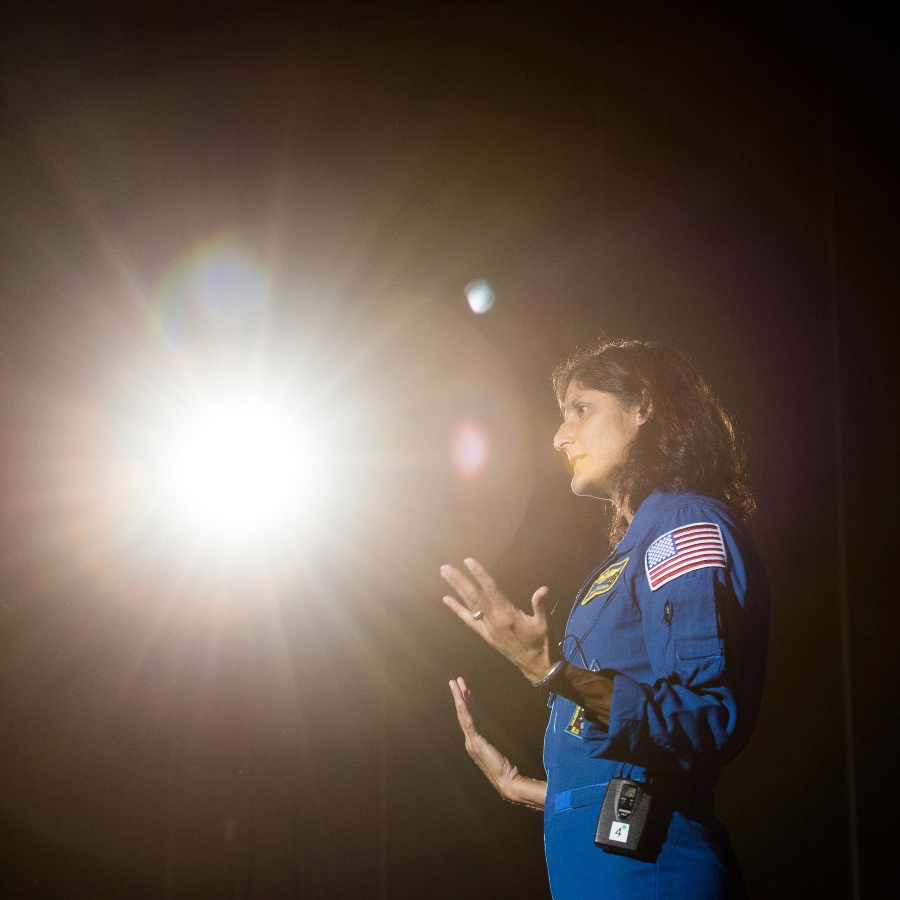If you’ve been remotely online in the past year, you’ve probably noticed the collective frenzy that surrounds concert ticket sales today. Fans are literally camping online to score a pass to watch their favourite acts, proving that live music is nothing short of a cultural phenomenon—one giant, music-infused serotonin boost. But here’s the thing: with the rise of concert culture comes a deeper conversation about what these large-scale events are doing to our planet. Every festival season, the same story plays out: massive waste from everything you eat, energy-guzzling sound systems, plastic cups littering the ground. Can concerts truly become environmentally sound, without leaving behind a massive carbon footprint? It’s this idea of green touring that marks the collaboration between Johnnie Walker Refreshing Mixer Non-Alcoholic and Echoes of Earth, a partnership that’s not only turning the volume up on incredible music but speaking out loud on issues around sustainability.
Most festival goers are familiar with the plastic-free setup of Echoes of Earth, currently the gold standard in eco festivals. Since its launch, the Bengaluru electronic music festival has not only brought top-notch acts to India, their reuse, reduce, or recycle motto has brought to stage a lot to brag about in its 7th edition. From a solar-powered box-office to a lineup of larger-than-life animal-themed art installations crafted from upcycled materials on stage, the festival is doing everything it can to become green year after year. In 2023, their in-house water filtration system helped prevent the use of 1,20,000 plastic bottles over three days.
Like their tightly curated lineup of artists, which includes electronic heavyweights alongside indie darlings (Glass Beams was our favourite find from the last edition), the festival also puts the spotlight on green businesses through their flea market. Last year, at their debut Goa edition, the music festival took a page out of the ‘Keep Walking’ ethos of Johnnie Walker by adding an interactive (and very competitive) installation at the venue that encouraged gig goers to compete and speed cycle on stationary bikes placed at the entrance of the festival. It was a simple yet powerful thought—a reminder that no matter where you are, there’s always a step forward to be taken.
What’s more? Echoes of Earth just scored a global green stamp of approval with three nominations at the 2025 International AGF Awards in London, organised by A Greener Future. This recognition cements the festival as a trailblazer, proving that music, art, and sustainability can not only coexist but set a global benchmark.
The symbolic meaning of the ‘Striding Man’
Johnnie Walker’s ‘Keep Walking’ mantra isn’t just a catchy slogan; it’s a philosophy that has propelled the brand for over 25 years. It’s about progress, taking one step at a time, embracing change, and moving forward with purpose—symbolised with the Striding Man figure. And if there’s one thing we can learn from the folks over at Echoes of Earth, it’s that the same ethos applies when it comes to sustainability. From its inception, the festival has been a space where innovation isn’t just about ‘what’s new’ in music and art, but also in how we can be better stewards of the environment.
Take for instance how this year: Attendees will notice that the Striding Man statue has been sculpted with lantana camara—an invasive weed overtaking Indian forests. Created by Radeesh Shetty of sustainable decor brand, Oorjaa, the statue boldly proclaims that progress doesn’t have to come at the cost of nature. “At Oorjaa, we are passionate about creating designs that not only inspire but also educate. We work closely with Lantana camara, an invasive weed that has overtaken 40% of Indian forests and continues to spread at an alarming rate. By using this weed in our installation, we aim to raise awareness about its potential as a sustainable alternative to cane, aligning with Echoes of Earth's ethos of sustainability and Johnnie Walker’s Refreshing Mixer Non-Alcoholic’s approach to innovation,” shares Shetty.
Turning trash into treasure
At its core, Echoes of Earth is flipping the script on what we expect from a music festival. Focussed on reducing carbon footprint of a concert, the festival layout is built with eco-conscious infrastructure, minimises energy consumption and supports local artisans to ensure that the experience supports not just the environment, but the people too. Just like how Johnnie Walker strives to respect the land from which its ingredients are sourced, this festival is giving local communities the platform they deserve.
At every edition, besides the lineup of musicians, are noticeable hard-to-miss art installations. Made with reclaimed materials, the thought-provoking pieces serve not only as visual spectacles but also end up sparking conversations around environmental issues. The pollinator sanctuary installation by Devendra Jani is one such work. Also known as “Mr. Bee of India,” Jani brought the humble bee into the spotlight with his innovative bee hotel. But even the most ambitious collaborations have their hurdles. “Bees are selective,” Jani muses, “and they need specific, untreated wood for their habitats.” “The project required a deep dive into local sourcing, building relationships with local suppliers, and innovating with available materials—like repurposing shipping boxes into perfect bee homes. These experimental approaches added an unexpected ‘wow’ factor to the installation, enhancing its appeal and effectiveness,” shares Jani.







